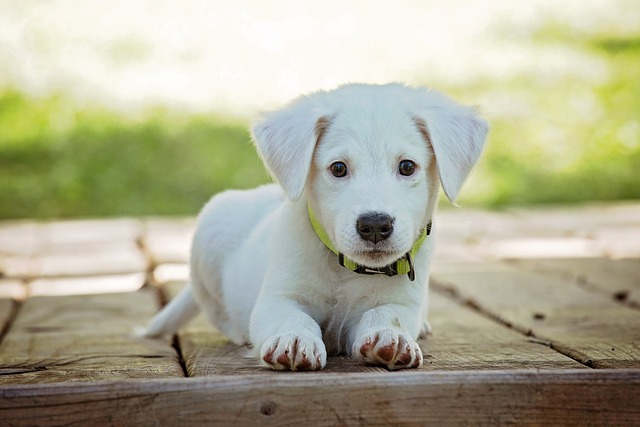
What is glaucoma in a dog?
You might notice your dog squinting more at mealtime or avoiding bright sunlight—these small changes could be early signs of a serious eye condition.
You might start noticing little shifts in your pup’s behavior that feel easy to brush off—like how they’re not sprinting to the door when the leash comes out, or that soft cough after a game of fetch that wasn’t there last month. Those small changes? They could be the first whispers of heartworm, a condition that creeps in quietly but picks up speed fast if left unchecked.
Heartworms thrive where mosquitoes do, and let’s be real—mosquitoes don’t care if your dog is a couch potato or a trail hound. The first sign often shows up during play: your dog tires out faster than usual. That zoomie session that used to last 10 minutes? Now they’re flopping down after 2, tongue hanging heavier than normal. It’s not laziness; those tiny worms are starting to irritate their heart and lungs, making even light activity feel like a chore.
Then there’s that cough. Not the hacking, kennel-cough kind, but a softer, almost ticklish sound—especially after they’ve been running around. You might think it’s just dust or excitement, but heartworms start by damaging the blood vessels in the lungs, and that irritation has to go somewhere. It’s subtle, but once you notice it, you’ll start hearing it more often.
 Appetite changes can sneak in too. They’re still eating, but maybe leaving a few kibbles in the bowl they used to clean up. Over weeks, you might notice their ribs feel a little more prominent, even if you haven’t changed their food. Heartworms steal nutrients indirectly, making it harder for your dog to keep weight on—another quiet clue that something’s off.
Appetite changes can sneak in too. They’re still eating, but maybe leaving a few kibbles in the bowl they used to clean up. Over weeks, you might notice their ribs feel a little more prominent, even if you haven’t changed their food. Heartworms steal nutrients indirectly, making it harder for your dog to keep weight on—another quiet clue that something’s off.
Restless nights could be another hint. Dogs with early heartworm issues sometimes shift positions more, as if they can’t get comfortable. They might pant a little while sleeping, even in a cool room, because their lungs aren’t working as efficiently. It’s not dramatic, just… different from their usual deep-sleep snoring.
Here’s the thing: heartworm prevention isn’t just about keeping your dog healthy—it’s part of responsible pet care that lines up with local guidelines. Most places require regular testing and prevention, and for good reason. Catching these signs early means treatment is gentler, cheaper, and way more likely to work. Waiting until symptoms get obvious? That’s when things get serious, and not just for your dog’s health—delayed care can lead to bigger vet bills and even complications that affect their quality of life long-term.
If you spot any of these signs, don’t wait to call your vet. A simple blood test can confirm it, and prevention is way easier than treatment. Those monthly chewables or topical treatments? They’re not just a suggestion—they’re your first line of defense, and they fit right into your routine, whether you’re grabbing coffee on the way to the park or settling in for a quiet evening at home.
Your dog can’t tell you when something feels wrong, but their body sure does. Paying attention to those little shifts isn’t being overprotective—it’s being the kind of owner who keeps them happy, healthy, and ready for all the adventures ahead.

You might notice your dog squinting more at mealtime or avoiding bright sunlight—these small changes could be early signs of a serious eye condition.

Let’s set the scene: It’s a sweltering Phoenix afternoon—105°F outside—and you rushed your 2-year-old Lab mix, Cooper, on a quick walk to “get it over with.”

Let’s get real: You’re in your Miami apartment, watching your 3-year-old Corgi, Loki, struggle to climb the stairs to your second-floor unit.

Many dog owners brush off occasional scratching as just “dog behavior,” but persistent itching often signals something more—like a food allergy.

You might first notice your dog scratching more than usual—chewing at their paws until the fur looks thin, or rubbing their face against the couch nonstop.

Let’s be real: You’re standing in your Chicago apartment, watching your 3-year-old Beagle, Max, huff and puff just to climb onto the couch.